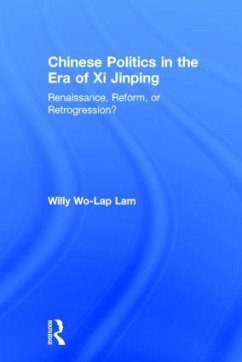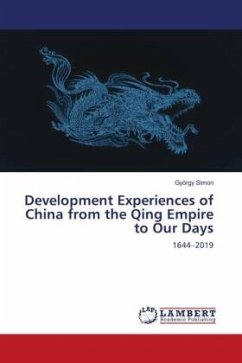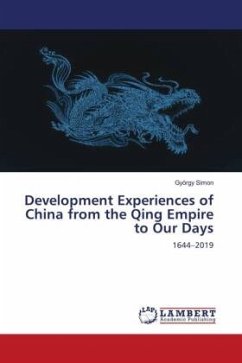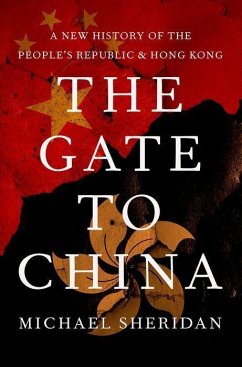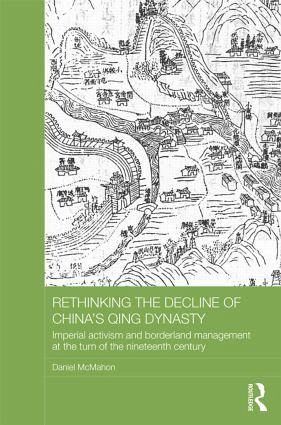
Rethinking the Decline of China's Qing Dynasty
Imperial Activism and Borderland Management at the Turn of the Nineteenth Century
Versandkostenfrei!
Versandfertig in über 4 Wochen
214,99 €
inkl. MwSt.

PAYBACK Punkte
107 °P sammeln!
The many regional insurgencies and the unrest in China's borderlands at the very end of the eighteenth and in the early nineteenth centuries are regarded by scholars as evidence of government disability and the incipient decline of the imperial Qing dynasty. This book, based on extensive original research, argues that, on the contrary, the response of the imperial government went well beyond pacification and reconstruction, and demonstrates that the imperial political culture was dynamic, innovative and capable of moving with the times. Overall, the book shows that the Qing regime had sustaine...
The many regional insurgencies and the unrest in China's borderlands at the very end of the eighteenth and in the early nineteenth centuries are regarded by scholars as evidence of government disability and the incipient decline of the imperial Qing dynasty. This book, based on extensive original research, argues that, on the contrary, the response of the imperial government went well beyond pacification and reconstruction, and demonstrates that the imperial political culture was dynamic, innovative and capable of moving with the times. Overall, the book shows that the Qing regime had sustained vigour, albeit in difficult and changing circumstances.




